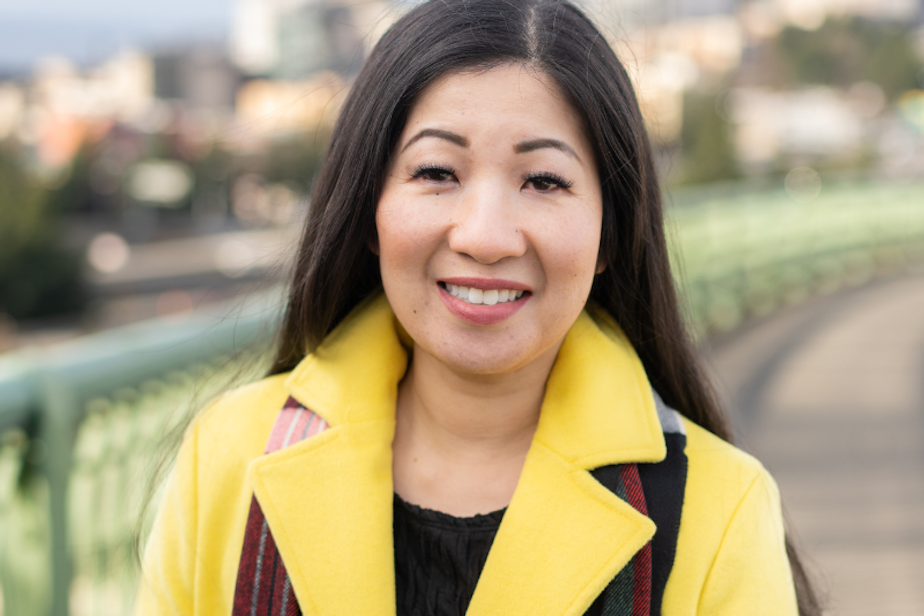To tax or not to tax? Tanya Woo, Seattle's newest councilmember, enters the job

Seattle's newest councilmember may have the seat temporarily — for now — but Tanya Woo will have to weigh in on some long-term issues facing the city.
Seattle is looking at a revenue shortfall of more than $200 million next year.
Woo was appointed Tuesday to the citywide seat left vacant by Teresa Mosqueda, who won a spot on the King County Council in the last general election. Woo's appointment is temporary until the next council election in November, though she has already said she will run to keep the seat.
That means, if Woo is elected to keep Position 8 on the council, the city's budget shortfall will be her problem, too. The Council has so far not addressed the impending gap.
RELATED: Seattle Council picks CID activist Tanya Woo to fill open seat
During the interview process for the appointment, Woo was the only candidate, of the eight finalists considered by the Council, who said she was not open to new progressive taxes to fill the gap.
Sponsored
She pulled back on that stance Wednesday, though, during an interview on Soundside.
Woo told KUOW's Libby Denkmann she is open to progressive revenue options, but that imposing additional taxes "should be a last resort."
She said the city should first look for redundancies across departments and "come up with measurements for success, so that we are results-based, before we actually go into progressive revenue."
That process of reconsidering how money is spent may include the city's payroll expense tax, known as the JumpStart tax.
Asked specifically about the future of JumpStart, Woo said the city needs it, but she would like to "see the funds go where they are actually intended."
Sponsored
The Seattle City Council approved the JumpStart tax in 2020 to raise money for affordable housing and small businesses. It requires large businesses to pay a tax for all their Seattle employees who make at least $150,000 a year.
Woo told Denkmann "a lot of tax goes toward the general fund" rather than directly to the priorities it was intended for.
In 2022, the Puget Sound Business Journal reported that less than half of the revenue generated by the tax would go toward housing, opening up speculation about how JumpStart would be used to shore up the city's general fund in the future.
RELATED: Seattle City Council approves 2024 budget with money for housing, homelessness, and mental health
At the time the story broke, Business Journal reporter Rick Morgan told KUOW the way the JumpStart revenue is divvied up could become a "rallying cry" against new taxes: "If the city tries to create new progressive taxes moving forward, it's going to be easy for these opponents to point to that and say, 'Get your own house in order first before you make new taxes, because the last tax didn't have the social impact you promised.'"
Morgan may have been onto something there.






